Cannabinoid Hyperemesis Syndrome (CHS) is a horrible condition triggered by chronic THC exposure in genetically susceptible individuals. Once triggered, the individual will experience nausea, vomiting, and abdominal pain for as long as they continue to use cannabis. Some patients will begin to feel better within days whereas others may experience varying levels of discomfort for up to a year after stopping cannabis use.
If you or someone you love is experiencing symptoms of CHS please visit https://what-is-chs.com.
In the spirit of full disclosure, I had the great honor of being a small part of the team who discovered that CHS is rooted in genetics and in making the susceptibility test commercially available at an affordable price. Read our full journal article here. Interestingly, we found five genes that appeared in the CHS population at a significantly higher rate than the general population. When two or more of the five genes appeared in the same individual, they were at greater risk for triggering CHS.
One of the puzzling things about CHS, and there are many, is that one might use cannabis for 10 years prior to triggering the condition. You might be thinking, “What changed for them?” In some cases nothing and in other cases maybe they switched from using cannabis flower or a balanced THC:CBD oil to using a concentrate. CHS patients also report varying degrees of success with different pharmaceutical, over-the-counter, supplements, nutritional, and lifestyle therapies. There are a few things, however, that is consistent across all CHS patients:
- they suffer greatly
- they are likely to be compelled to take scalding hot showers or baths seeking pain relief to the point of sometimes burning their skin
- they cannot and will not get better without abstaining from cannabis
For those who use cannabis medically, this is especially tragic given they can no longer consume cannabis which for most of our survey respondents and study participants was keeping them from taking pharmaceutical drugs which often came with unwanted side effects and toxicity.
Many CHS patients find quitting cannabis very difficult. We think this is genetic too (which is addressed in the journal article) given that cannabis has a low addictive profile and for most people have minimal withdrawal symptoms if any when abstaining; generally, cannabis is safe, versatile, and effective but NOT for those with the genes that make them susceptible to CHS.
Through this blog post and all of our work to understand CHS, our team (CReDO Science and EndoCanna Health) are deeply hopeful we can raise awareness about this traumatic syndrome. Doing so means we help doctors know what to look for and what tools are available to help them come to a diagnosis more quickly and cost-effectively allowing patients to be armed with a deeper knowledge of their own body and what is needed for recovery.
Nishi Whiteley is the COO of CReDO Science, a cannabis science writer, the curator of www.MyChronicRelief.com, the author of the book “Chronic Relief: A Guide to Cannabis for the Terminally & Chronically Ill” and a board member at the Foundation for an Informed Texas.

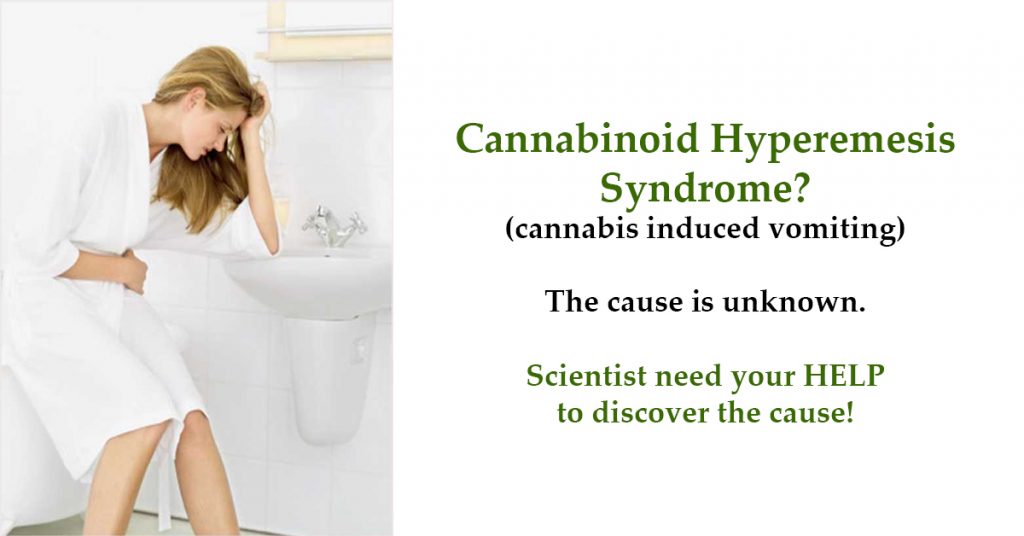
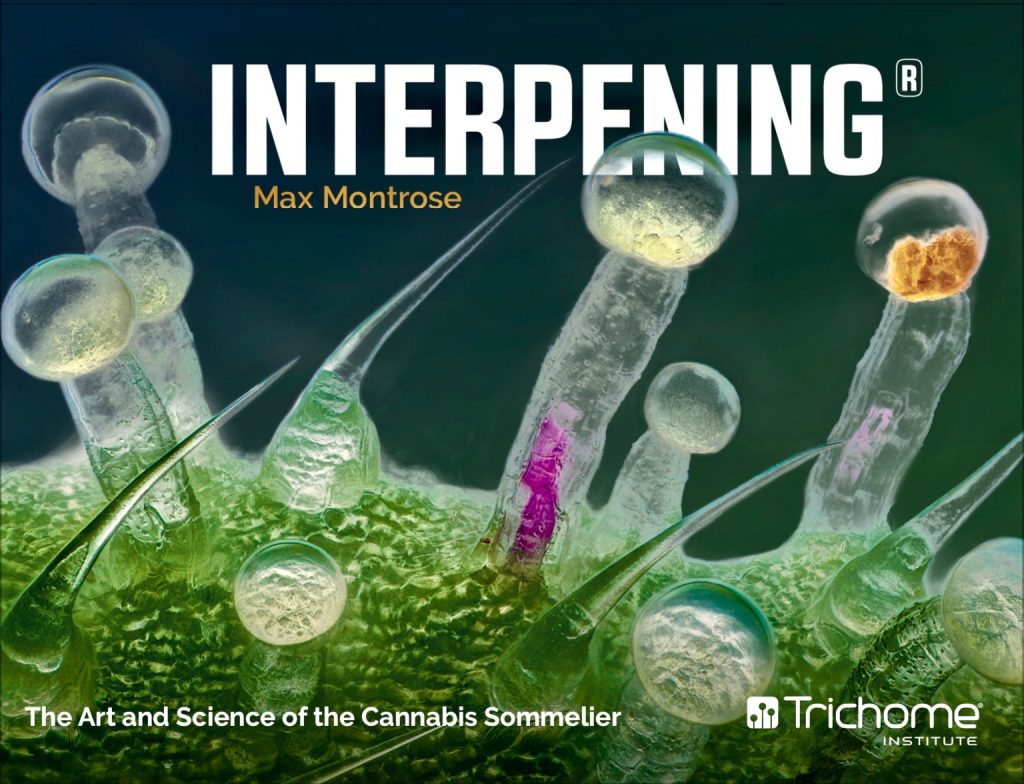
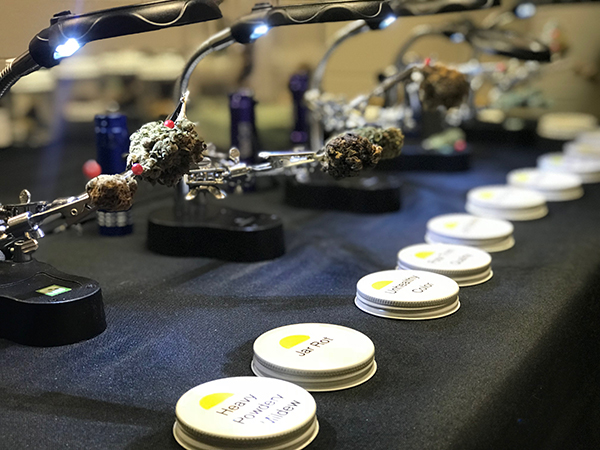
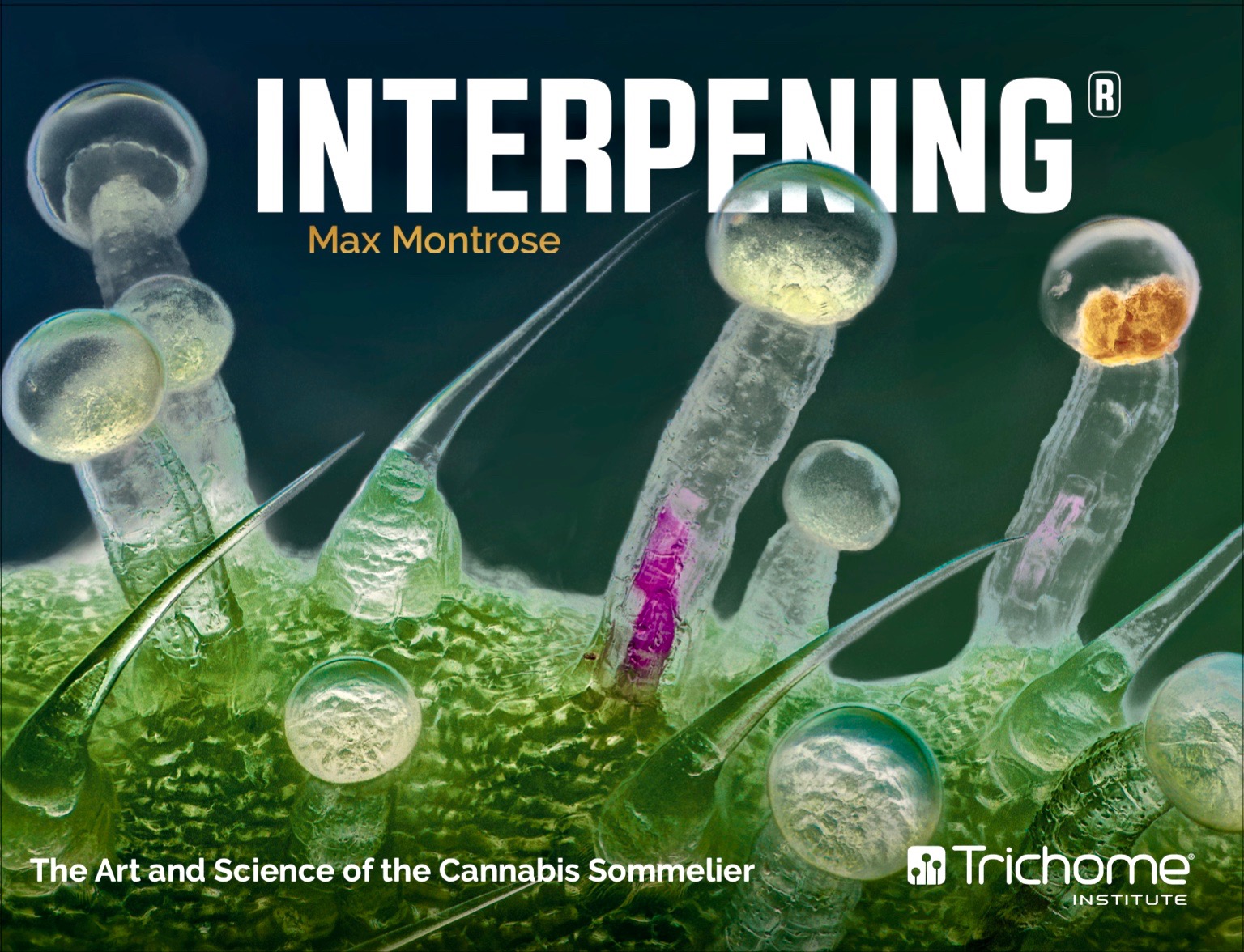
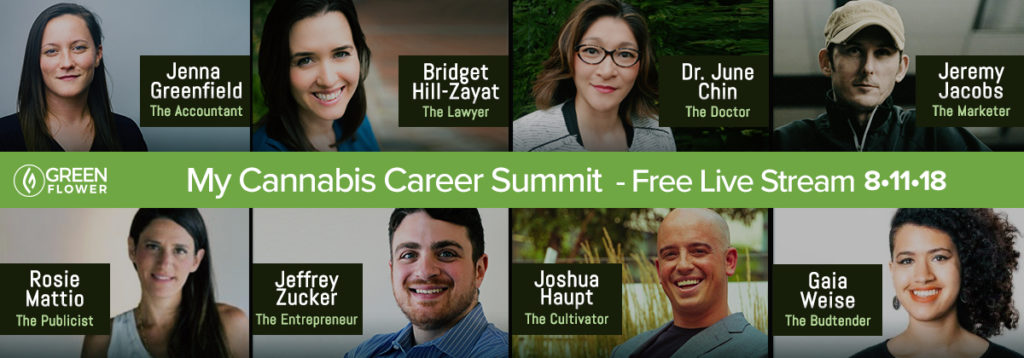

Follow Us!